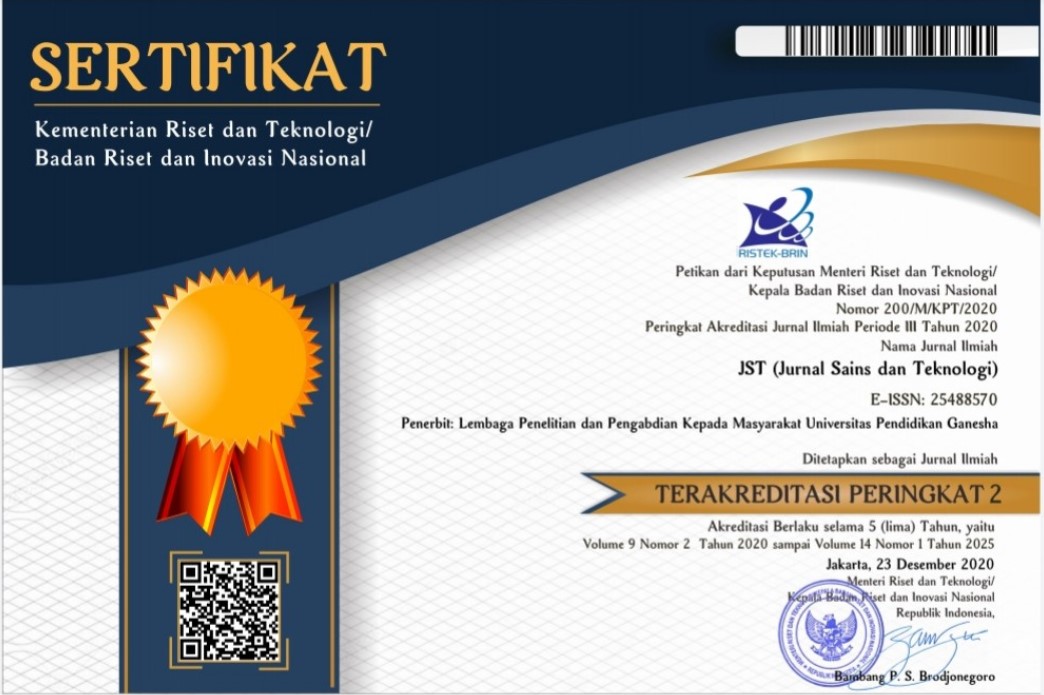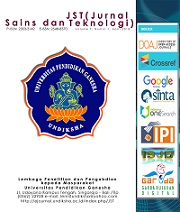Design of Central Java Virtual Tour Technology Application to Improve Digital Literacy of Teachers and Students About Edu-tourism
Kata Kunci:
Virtual Reality, aplikasi, eduwisata, 3D, pendidikanAbstrak
Tujuan dari penelitian ini adalah membuat aplikasi eduwisata berbasis virtual tour yang dikemas dengan aplikasi virtual reality untuk meningkatkan literasi guru dan siswa. Selain itu pengunjung sebelum mengunjungi objek wisata yang dituju akan mendapatkan informasi lengkap berupa objek 3D yang menarik. Model penelitian menggunakan model desain penelitian pengembangan model ADDIE. Hasil angket respon siswa terkait penilaian pengembangan desain aplikasi teknologi virtual tour, pada aspek media diperoleh skor sebesar 84,47%, aspek materi sebesar 84,24%, aspek pembahasan dan tampilan sebesar 84,86%. Hasil data angket guru dari 25 (dua puluh lima) orang guru. Hasil angket respon guru terkait penilaian pengembangan desain aplikasi teknologi virtual tour, pada aspek media diperoleh skor sebesar 92,20%, aspek materi 88,40%, aspek pembahasan dan penampilan 89,76%. Untuk peningkatan literasi siswa terkait eduwisata di Provinsi Jawa Tengah meningkat sebesar 23% setelah menggunakan media pembelajaran aplikasi virtual tour eduwisata.
Diterbitkan
Cara Mengutip
Terbitan
Bagian
Lisensi
Hak Cipta (c) 2024 Muh Isna Nurdin Wibisana, Maryanto Maryanto, Achmad Buchori, Utvi Hinda Zhannisa

Artikel ini berlisensiCreative Commons Attribution-ShareAlike 4.0 International License.
Authors who publish with the Jurnal Sains dan Teknologi (JST) agree to the following terms:
- Authors retain copyright and grant the journal the right of first publication with the work simultaneously licensed under a Creative Commons Attribution License (CC BY-SA 4.0) that allows others to share the work with an acknowledgment of the work's authorship and initial publication in this journal.
- Authors are able to enter into separate, additional contractual arrangements for the non-exclusive distribution of the journal's published version of the work (e.g., post it to an institutional repository or publish it in a book), with an acknowledgment of its initial publication in this journal.
- Authors are permitted and encouraged to post their work online (e.g., in institutional repositories or on their website) prior to and during the submission process, as it can lead to productive exchanges, as well as earlier and greater citation of published work. (See The Effect of Open Access)















